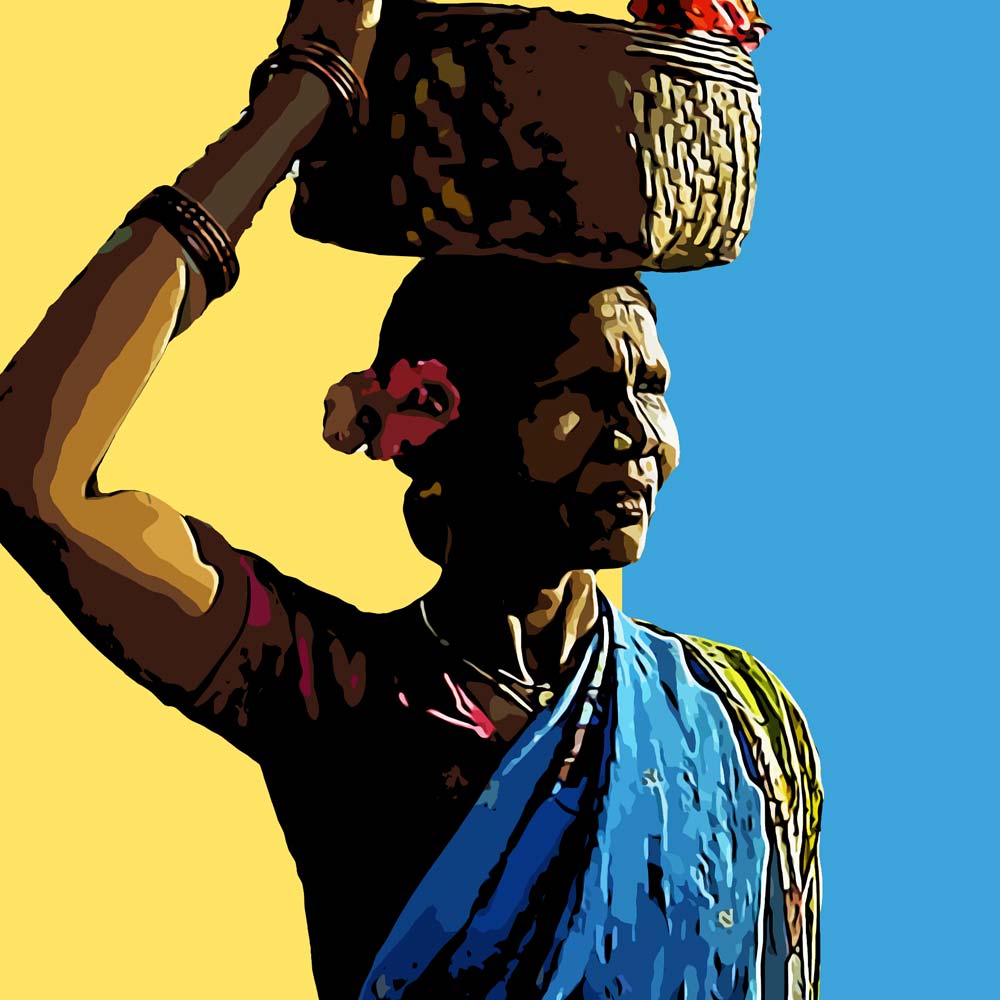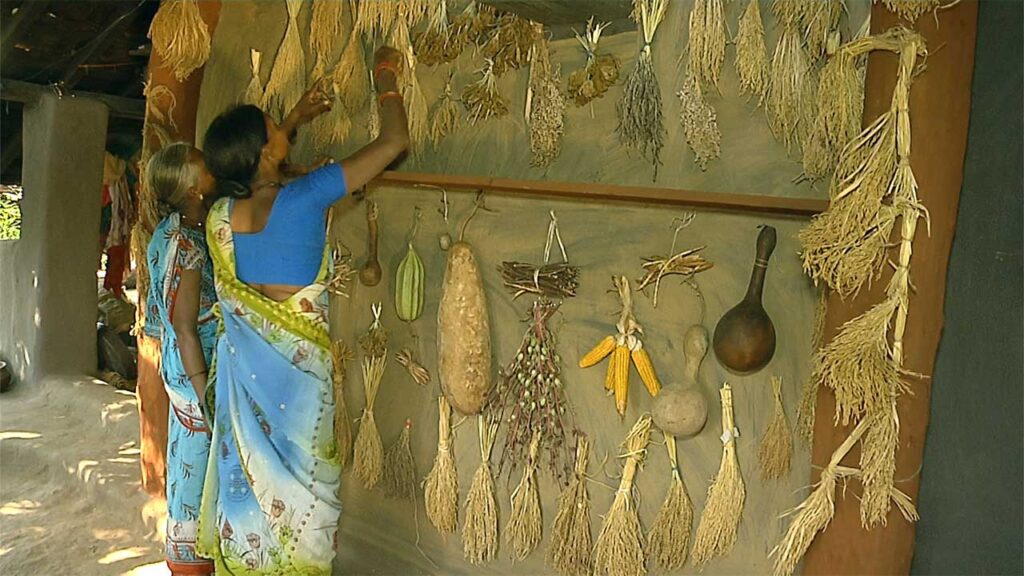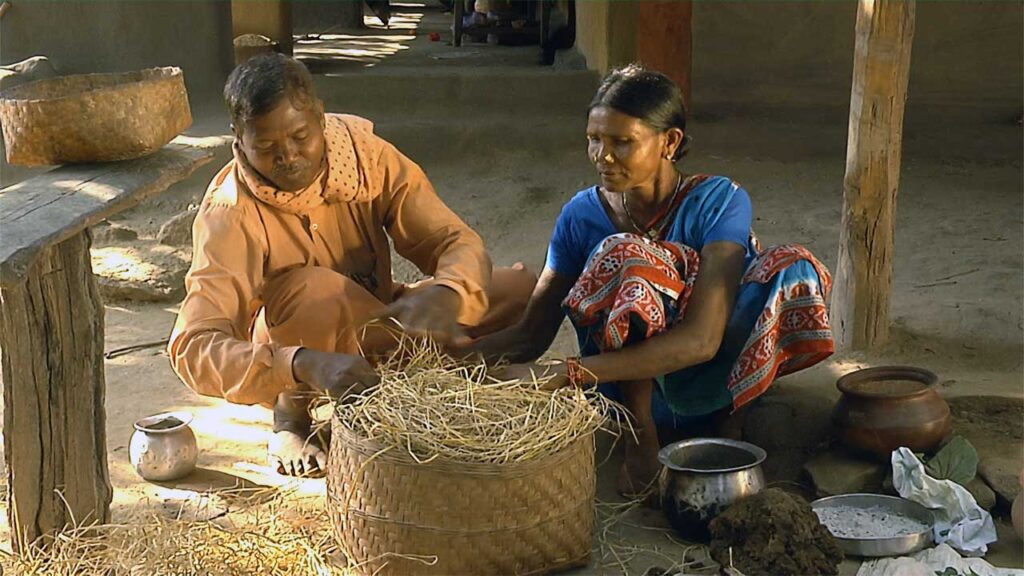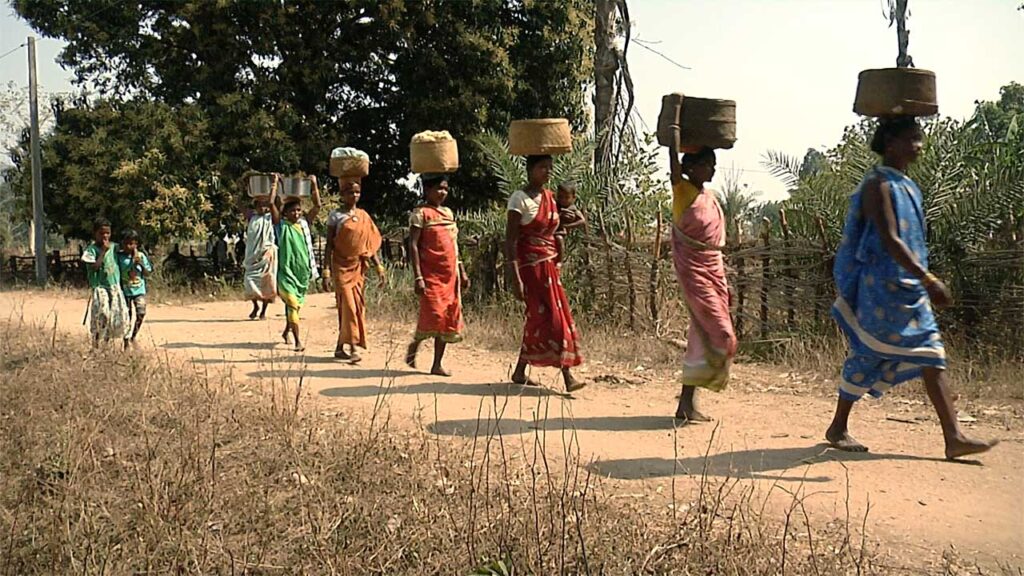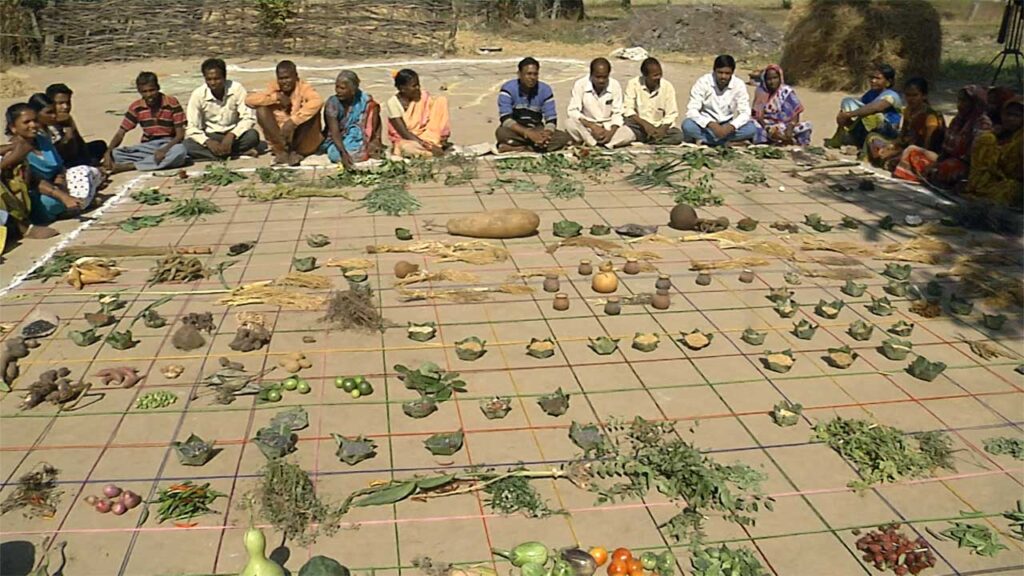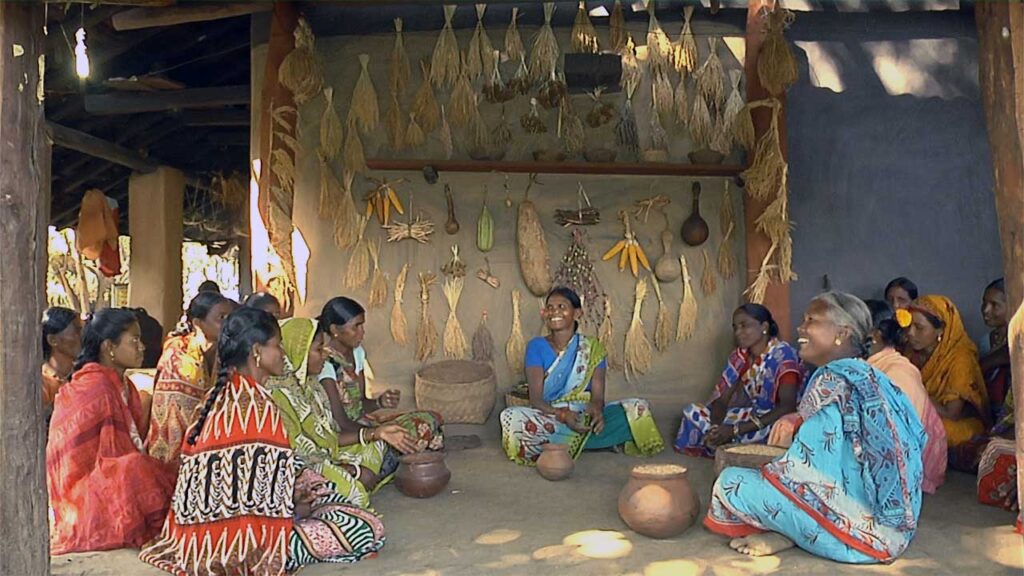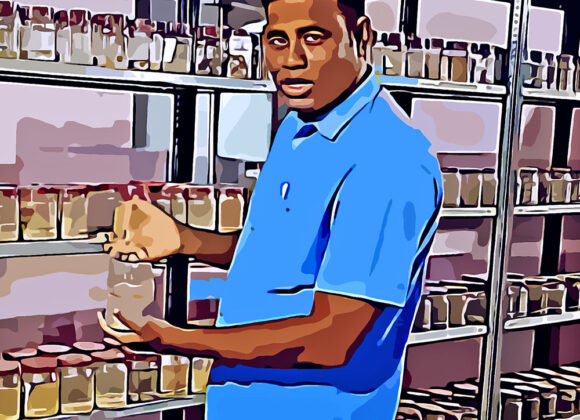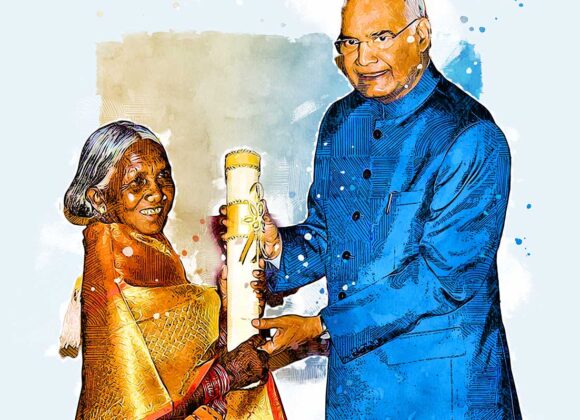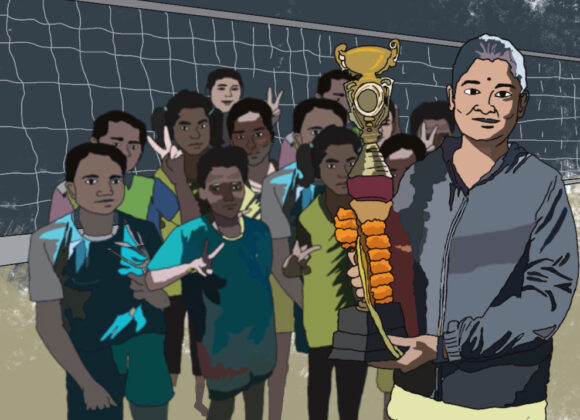How did a tribal woman create her seed bank and motivate others?
Jamuna Kirsani is a tribal woman of Malkangiri who has conserved more than a hundred genera of seeds. Her efforts have motivated the local farmers and women to secure the indigenous seed. She educates them on the importance of these seeds and reasons for preservation.
The growing age of industrialization and revolutionary demand for a few specific species of crops have critically impacted several natural crops and drifted them to vulnerability. The majorly affected sections are generally the marginalized farmers who always become the victims of money crunch.
Jamuna Kirsani is one of the tribal women of Mauliguda Village of Malkangiri district, Odisha, who also suffered this trouble. Nonetheless, she came up with the unique idea of seed preservation. She learnt about seed conservation and farming practices from her parents and local elders. With the emergence of modern agriculture, local farmers have adopted market-oriented farming practices. However, it proved to be a failure. The altered cropping pattern affected the quality and quantity of indigenous seeds and triggered a need for their conservation.
Jamuna taught farmers; women of local and nearby villages about techniques to preserve seeds for the next session and condition them for storage. It included storing method, seed treatment and fixing stocks using local herbs and animal dungs, exchange of seeds and information regarding the seed for obtaining seeds from other farmers. As different seed require different preservation procedure, some seed can be stored directly as it is, whereas, some other needs to be treated from the leaves of neems, lemon, orange, Pongamia pinnate leaves, cow dung, mud, ashes and dried straws.
“During the seven years, I managed to preserve around 32 varieties of paddy seeds, 7 varieties of pulses, 4 of ragi and more than 21 varieties of green, leafy vegetables by the support of my husband- Ramachandra Kirsani”
During rainy seasons, Jamuna grows more than 20 varieties of vegetables in her homestead plot, whilst in the scorching summer of Malkangiri, she grows around 10 types of green vegetables. Apart from this, her family is also incorporated in fish farming, poultry and animal husbandry.
Jamuna believes that healthy soil can only flourish the productivity of the crop, thus, declining the use of hazardous chemicals and pesticides, she developed homed made bio-fertilizers. By using agricultural wastes, cow dungs, cow urine, chicken and goats manure she prepared varied biofertilizers and pesticides like Jiakhata, Tarala Sara and Handikhata. She also spread the recipe among the local aware that has benefitted the native farmers.
Being the seed mother of the village, she also organizes the Annual Crop Plan for her village. Every villager with their seed sample assembles and participate in planning out for needed requirement of crops based upon the type of land, available resources, the food need of the family and the money requirement.
“I am happy that people understand my concern and joined me in this movement. I wish my work would continue to benefit families and make their food secure. I wish I would do more to help the families in the village to market ours produces at a premium price as the natural farmers”
Agriculture is the spine of our country. It’s the need of time to adopt the ethics of Jamuna who is beckoning the preservation of seed during the age of adulteration and scarce nutritive foods.
“Living with nature is a gift we tribal community endure”, urges Seed Mother.

